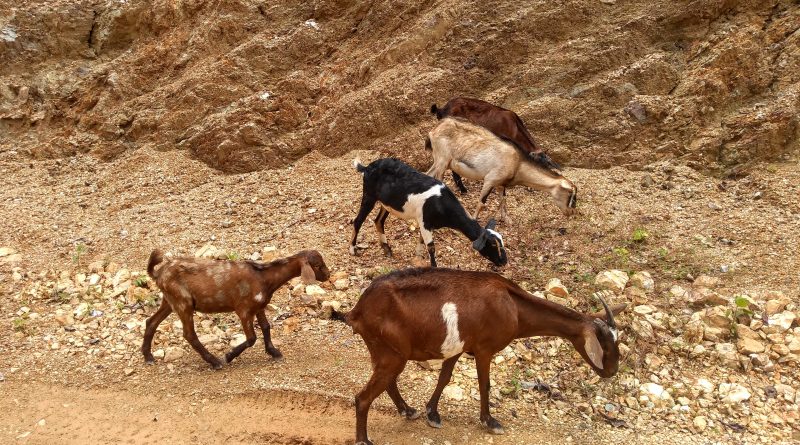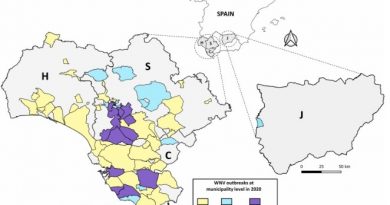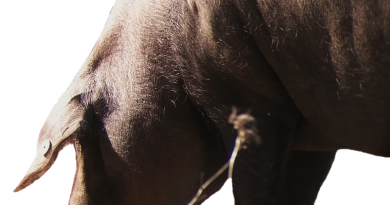Serosurvey of Peste des Petits Ruminants in southern Spain
Transboundary and Emerging Diseases
Abstract
Peste des Petits Ruminants (PPR) is a highly infectious disease caused by a virus member of the genus Morbillivirus, which mainly affects goats, sheep and wild ruminants. It is considered one of the most significant transboundary infectious diseases and represents an animal health concern in developing countries. Spain is considered a PPR‐free country. Nevertheless, given its geographical proximity to countries in North Africa where PPR virus (PPRV) has been circulating in recent years, the south of Spain can be considered a risk area for the introduction of PPRV. The aim of the present study was to assess circulation of PPRV in domestic and wild ruminant species in this country. During the period 2015–2017, a total of 910 sera from domestic, wild and captive ruminants were analysed using a commercial blocking ELISA to detect antibodies against PPRV. None of the 910 (0.0%; 95% CI: 0.0–0.3) animals tested were positive for anti‐PPRV antibodies. To the best of our knowledge, this is the first serosurvey study of PPR in Spain. The results indicate absence of circulating PPRV in the south of Spain during the study period. Due to the risk of PPRV introduction into European countries of the Mediterranean basin, epidemiological surveillance should be maintained and extended in this region.




